W.I.N. Wednesday: You don't have to be a podcaster.
Last week I was corresponding with friend and mentor Chip Huth about his new podcast with Tanner brock called Changing Discourse. Changing Discourse launches tomorrow (November 5) so be sure to check it out on any of the podcast platforms. Between Tanner and Chip’s connections I guarantee there will be some amazing guests. Chip commented on how he didn’t realize how much work goes into doing a podcast, and how much he was enjoying the process.
Having done 275 hour long interviews in the last 5 years for the Excellence in Training Academy and another 100 hour long interviews for the ILEETA Learning Lab in the last 3 years I can attest to how much work goes into preparing for those interviews. As part of the preparation I will read articles and books written by the person I am going to interview. I will also watch and listen to interviews and videos of presentations they have done for a variety of platforms. All of this preparation is so I can hopefully ask intelligent questions of my guest and make the best use of his or her time and energy. I often learn as much or more from the preparation, as I do from the interview.
All this being said, you do not have to have a Membership Site or a Podcast for you to start doing interviews. If you are interested in creating a culture of learning in your organization, interviews would be one way to do that. Sit down and make a list of people you would like to interview. It can be people in your own organization where you interview them about their experiences, philosophies, and favorite books, podcasts and TED or TEDx talks. It can be authors, leaders, coaches, researchers, entrepreneurs and others you would like to interview in order to enhance your learning and bring value to your co-workers and your organization. These interviews do not have to be 2 or 3 hours like some of Jocko Willink or Tim Ferris’ podcasts or 60 minutes like the interviews I do. They might be 15 or 20 minutes of good, solid content. These interviews can be video interviews, or audio only. I do audio only so people don’t have to worry about hair, makeup, background, or lighting.
If you are going to do this be sure to do your homework up front. This includes researching the platform you will use to record the interviews, how you are going to schedule the interviews and how you are going to distribute the recordings . All this is in addition to the research on your guests. Let your guest know how long the interview will be, who the audience is and whether it will be distributed strictly in house in your organization or on a public platform. Also be willing to provide them a copy of the interview that they can use and share as they see fit.
Be prepared for people to say no, or simply not respond to your interview request. It is usually not about you so don’t take it personally. People have busy lives and this is one more demand for their time and energy. If they say no, thank them for considering the request and move on.
Interviews can be a great way to gain and distribute knowledge, insights and wisdom within your organization. It is also a great way for you to continually learn.
Take care.
Brian Willis
www.lifesmostpowerfulquestion.com
www.daretobegreatleadership.com
Maximizing human potential through Life's Most Powerful Question - What's Important Now?
If you found value in this post please share this with your friends, family and co-workers



















